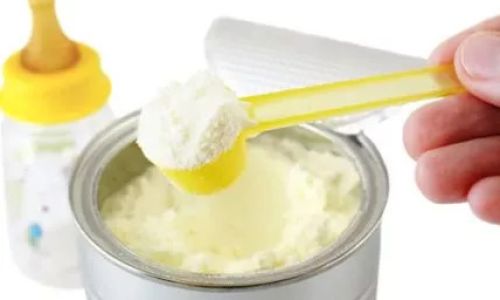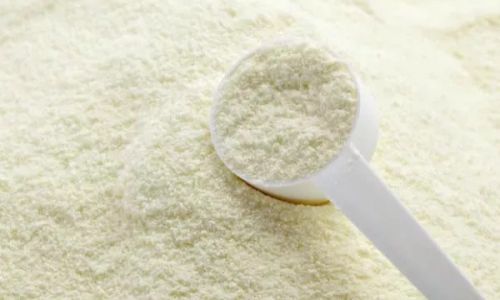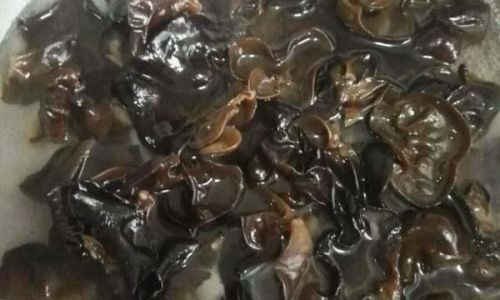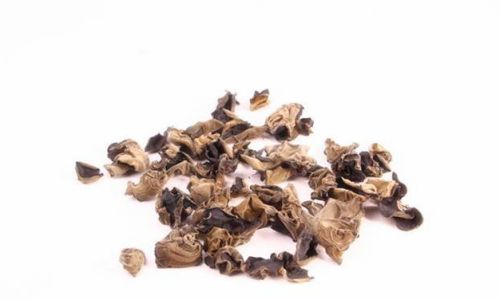Opening a coconut for the first time can be both an exhilarating and challenging experience. The satisfying thud of the cleaver through the hard outer shell, followed by the sight and taste of the refreshing, milky liquid inside, is a treat for the senses. However, once you’ve breached the coconut’s natural barrier, the question arises: how long can this nutritious treasure remain fresh and edible? Understanding the shelf life of an opened coconut, whether it’s the coconut water or the coconut meat, is crucial for maximizing its nutritional benefits and flavor.
The Shelf Life of Coconut Water
Coconut water, often hailed as nature’s isotonic beverage, is a rich source of electrolytes, vitamins, and minerals. Its slightly sweet and nutty taste makes it an ideal refreshment, especially during hot weather. Once a coconut is opened, the shelf life of its water is significantly shortened compared to when it’s still enclosed within the hard shell.
Immediate Consumption for Optimal Freshness

For the freshest taste and maximum nutritional value, consuming coconut water immediately after opening is recommended. This ensures that you get the purest, most hydrating experience possible. The natural enzymes and nutrients in coconut water start to degrade once exposed to air, although this process is relatively slow compared to other perishable liquids.
Refrigeration Extends Shelf Life
If immediate consumption isn’t feasible, storing the opened coconut in the refrigerator can help extend the shelf life of its water. Placing the coconut in an airtight container or resealing it as tightly as possible can further slow down oxidation and bacterial growth. Under these conditions, coconut water can typically remain fresh for up to two to three days.
Signs of Spoilage
It’s important to know the signs of spoiled coconut water to avoid potential health risks. Fresh coconut water should have a clear, slightly cloudy appearance with a mild, sweet aroma. If it develops a strong, off-putting odor, becomes discolored (usually a darker, murkier shade), or tastes sour, it’s best to discard it. Consuming spoiled coconut water can lead to food poisoning symptoms such as nausea, vomiting, and diarrhea.
The Shelf Life of Coconut Meat
Coconut meat, or copra, is another nutritious component of the coconut. It’s high in fiber, healthy fats, and protein, making it a valuable addition to diets. The shelf life of coconut meat after opening depends on how it’s stored and whether it’s been processed.

Fresh Coconut Meat
Fresh coconut meat, scraped directly from an opened coconut, has a relatively short shelf life. When stored in an airtight container in the refrigerator, it can stay fresh for about three to four days. To further extend its life, you can freeze coconut meat. Properly wrapped and frozen, coconut meat can retain its quality for up to six months. When ready to use, thaw it in the refrigerator overnight.
Dried and Processed Coconut Meat
Dried coconut meat, often sold as shredded coconut or coconut flakes, has a longer shelf life due to the dehydration process. When stored in a cool, dry place in an airtight container, dried coconut meat can last for several months. Once opened, it’s best to transfer the remaining coconut to a sealed container and keep it in a cool, dark place. In the refrigerator, it can stay fresh for up to a year.
Canned Coconut Meat
Canned coconut meat, which is pre-cooked and preserved in syrup or water, has the longest shelf life among the different forms of coconut meat. Unopened cans can be stored in a pantry or cupboard for up to two years. Once opened, however, the shelf life is shortened. Transferring the coconut meat to an airtight container and refrigerating it can help it stay fresh for about a week.

Factors Affecting Shelf Life
Several factors influence how long an opened coconut can remain fresh. Understanding these factors can help you make informed decisions about storage and consumption.
Temperature
Temperature plays a crucial role in determining the shelf life of both coconut water and meat. Higher temperatures accelerate the growth of bacteria and the degradation of nutrients, leading to faster spoilage. Refrigeration slows down these processes, thereby extending the shelf life.
Humidity
Humidity, especially in tropical climates, can promote the growth of mold on coconut meat. Keeping opened coconuts in a dry, cool environment can help prevent mold from developing.
Air Exposure

Oxidation occurs when coconut meat or water is exposed to air, leading to a loss of freshness and nutritional value. Minimizing air exposure by using airtight containers can help preserve the quality of coconut products.
Handling and Hygiene
Proper handling and hygiene practices are essential for maintaining the shelf life of opened coconuts. Ensure that your hands and any utensils used to handle the coconut are clean to prevent cross-contamination.
Practical Tips for Extending Shelf Life
Here are some practical tips to help you maximize the shelf life of your opened coconut:
- Refrigerate Promptly: Store opened coconuts in the refrigerator as soon as possible.
- Use Airtight Containers: Transfer coconut water and meat to airtight containers to minimize oxidation and contamination.
- Consume Within Limits: Plan your consumption to ensure that you use the coconut within its recommended shelf life.
- Freeze for Longer Storage: If you won’t be using the coconut meat soon, freezing it is a great way to extend its shelf life.
- Inspect Before Use: Always check for signs of spoilage before consuming coconut water or meat.
Conclusion
In summary, the shelf life of an opened coconut depends on various factors, including the type of coconut product (water or meat), storage conditions, and handling practices. While fresh consumption offers the best taste and nutritional benefits, proper storage can help extend the shelf life of coconut products. By understanding these factors and following best practices for storage and consumption, you can enjoy the delicious and nutritious benefits of coconuts for longer periods. So, the next time you crack open a coconut, remember these tips to ensure you get the most out of your tropical treat.






0 comments